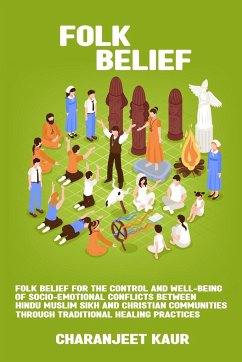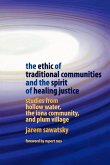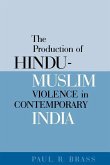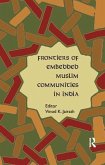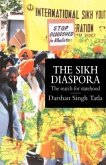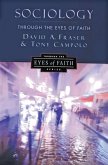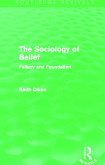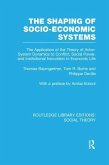INTRODUCTION Since the inception of planet earth, human beings on it are wondering and struggling for their better survival so as to attain happiness. Be the people are from developed countries or the developing one, they seems to be in a rat race to achieve the same. However, attaining contentment is not an easy task rather requires patience, consistent and significant efforts. In this process, they undergo with various circumstances and the fittest individuals are able to achieve the goal whereas the weakest one suffers a setback. For reducing such allostatic load the person takes the help of other people in the society in general and the shelter of God and goddess in particular. According to Vedas, the person can experience the eternal bliss through Sayama, Sangarsha and Tyaga i.e. through patience, struggle and detachment. One can attain spiritual power by controlling their Indriyas of body so to experience happiness (Negi, 2018). The human beings since beginning have noticed many magical elements (God, Deities, Spirits, Sun, Moon, Stars, Devi, Kali, in their environment and their power in Mandir, Maszid, Gurudwara and Churches) through their agents (Mali, Moulvis, Padri, Granthi). The human beings are in the search supernatural elements and their agents to eliminate their allostatic load and psychological vulnerabilities. The people since Stone Age have witnessed their power thereof have great faith on them. However, diversity existed in Neolithic period wherein the people applied a sedentary mode of life, witnessed science and technological revolution and achieved happiness through progress and advancement (Box & Engelhard, 2006). As a result, diversity existed among the individual and hierarchies of the group formed. Such practiced differed in rural and urban areas across the world. The rural people delve more in the religious beliefs whereas the urban people on progress and development through scientific know. In India diversity exist on the basis of religiosity wherein Hindu, Muslim, Sikh and Christian's people differ in their customary practices and beliefs. Himachal Pradesh, a fruit bowl of India is also considered as the place of peace and spirituality. People of this Dev-Bhumi have immutable folk beliefs and customary cultural practices; those help each religious community in promoting cooperation and brotherhood by intertwining them in a thread of unity by forgetting diversity.
Bitte wählen Sie Ihr Anliegen aus.
Rechnungen
Retourenschein anfordern
Bestellstatus
Storno

